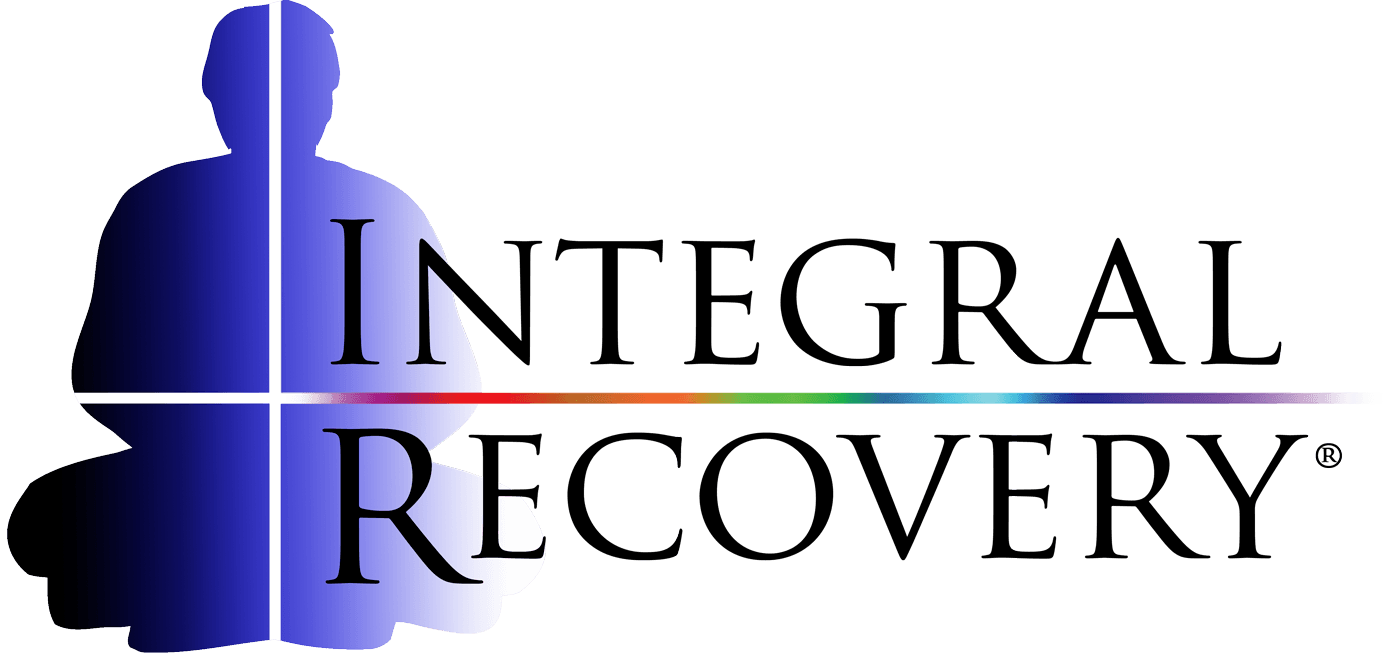Episode 19: Understanding Enneagram Types Part 2 – Using Typology for Transformation
Episode 19:
Understanding Enneagram Types pt. 2
Using Typology for Transformation
How well do you know yourself?
Have you ever wondered why you do what you do? Or why the actions and behaviors of others seem so hard to understand?
Most of us think we know ourselves pretty well. We believe our thoughts and actions are perfectly reasonable. Yet others, presented with similar external realities, respond in a very different way – a way that makes no sense to us. Our own thoughts and behaviors can be equally baffling to people who see our reactions, our choices, and our patterns.
This is particularly true for the addict.
If we’re not careful, we can find ourselves falling into the trap of self-justification for the way we feel and the things we do.
But what drives those thoughts and behaviors? What are the deeper motivations, drivers, and patterns that spur us to act and think as we do?
Typology, the AQAL model’s fifth dimension, gives us unique insight into why we are the way we are. It shows us the unique challenges and strengths that motivate and inform our behaviors.
More importantly, our typological profile can be a powerful tool to guide us on our journey.
Understanding ourselves and others through Enneagram study helps us develop compassion – both for ourselves and for the others around us. Self-knowledge cuts through our shame. It gives us insight into our challenges, our gifts, our issues, and our strengths, showing us the work we need to do to bring forth the best versions of ourselves.
In this week’s episode of the Journey of Integral Recovery, we continue our exploration of the Enneagram to understand how our typologies can both influence our addictions and illuminate the pathway to self-actualization, transformation, and recovery.
Podcast: Play in new window | Download | Embed
Subscribe: Apple Podcasts
Take the test — Discover your Enneagram type
Full Version — Enneagram Institute
Free Version — 9types
Episode Resources:
The Wisdom of the Enneagram: The Complete Guide to Psychological and Spiritual Growth for the Nine Personality Types
The Religion of Tomorrow: A Vision for the Future of the Great Traditions-More Inclusive, More Comprehensive, More Complete
Stealing Flow: Complete Brainwave Suite for Flow State Mastery (by iAwake Technologies and Douglas Prater)
Integral Recovery: A Revolutionary Approach to the Treatment of Alcoholism and Addiction (SUNY series in Integral Theory)
Deep Recovery – a guided meditation from iAwake Technologies
In this episode:
[2:33] What is the Enneagram type system and how does it fit into the AQAL map as a tool for recovery and becoming the best versions of ourselves?
[3:50] How the 12 step emphasis on our character defects can contribute to an addict’s shame, and the Integral reframing of our flaws as blockages in the stream of our highest selves
[6:43] How’s practice? Why our practice is essential to recovery and how accountability keeps us on track. Find your accountability partner at https://integralrecovery.com/community or contact us at https://integralrecovery.com/contact for personalized coaching.
[9:35] A review of the first four Enneagram types: The Reformer, the Helper, the Achiever, the Individualist
[10:35] Enneagram Type 5: The thinker, the observer – Who are some well-known type fives and what are their gifts and pathologies?
[11:43] Overcoming the five’s tendency toward dissociation by working with the body and the heart. The importance of exercise, nutrition, and emotional work. Practice and consistency are the keys to growth.
[16:25] The Strasberg acting method as a practice method for connection to the body and the part for somatic releasing and shadow work
[18:35] It’s an ongoing practice; we’re never done. There’s always room to grow
[19:20] What are the gifts of a five? What can a healthy five contribute to the world? [20:52] An insight into different spiritual teachers, spiritual paths, and recovery programs and how their Enneagram typologies influence their lessons, insights, goals, and methods
[22:12] How studying typology leads to increased compassion for others and for ourselves
[24:21] Enneagram type 6: The loyalist – what is the key driver of the six and what are the strategies for meeting this challenge? How meeting fear as a phobic or a counter-phobic influences our behaviors and the ways we show up in the world, the way we respond to authority, and the defense mechanisms we default to.
[28:04] What are the gifts and strengths that a healthy six brings to the world?
[28:54] Enneagram Type 7: The Enthusiast – What are the gifts and challenges of the seven as they search for pleasure and joy in the world?
[30:41] The seven’s deep commitment to experiential experience to verify every claim instead of accepting things on faith
[33:03] Dionysian tendencies and the archetype most related to the enthusiast
[34:15] The shadow side of the seven and the tendency for spiritual bypassing. How addiction is a particularly insidious danger for those of enthusiast disposition. How can a type 7 integrate their shadow side for recovery?
[37:26] Ecstasis as a positive transformational force in our lives and finding safe and healthy ways to enter the flow state
[39:22] How the specifics of our addictions show up as a crutch to deal with the hurdles and challenges of our Enneagram types
HELP US SPREAD THE WORD!
If you enjoy the show, please subscribe in iTunes and write us a review! This is what helps us stand out from the crowd and helps people find the credible advice they need.
06/30/2017, 43:07, 29.6 mb (Audio)
